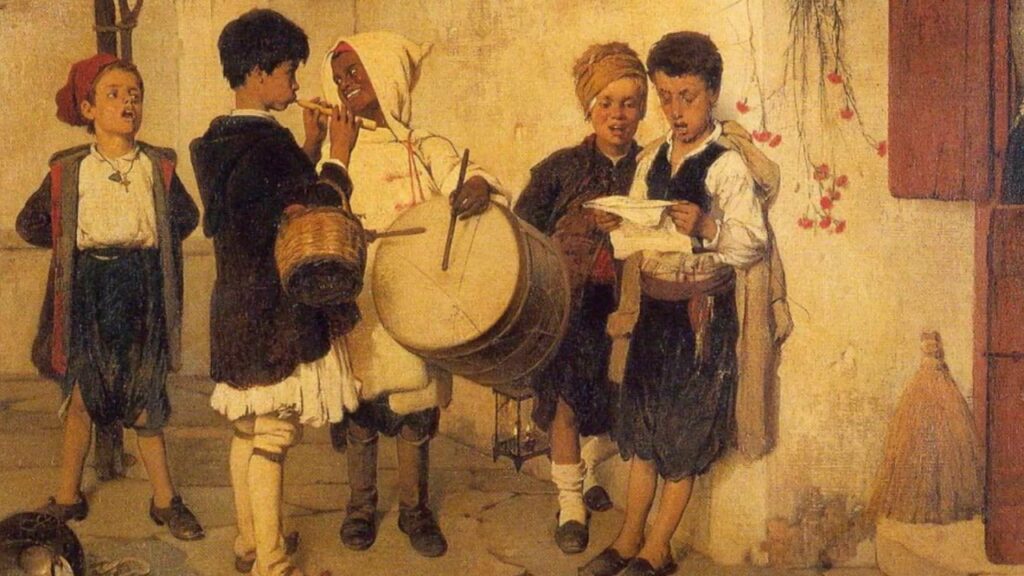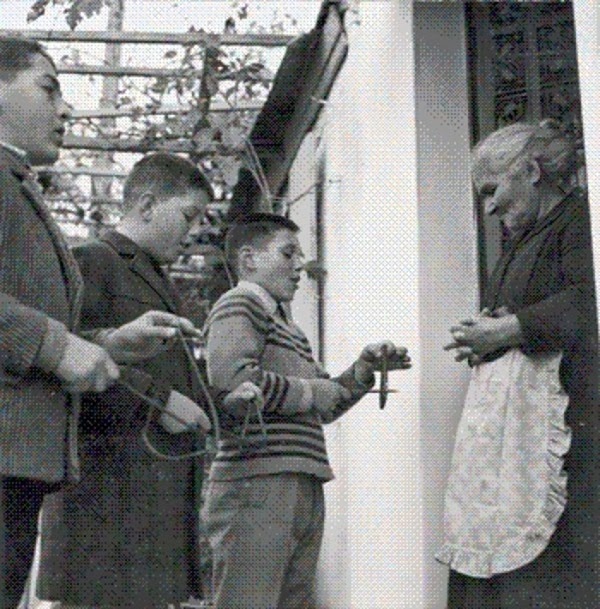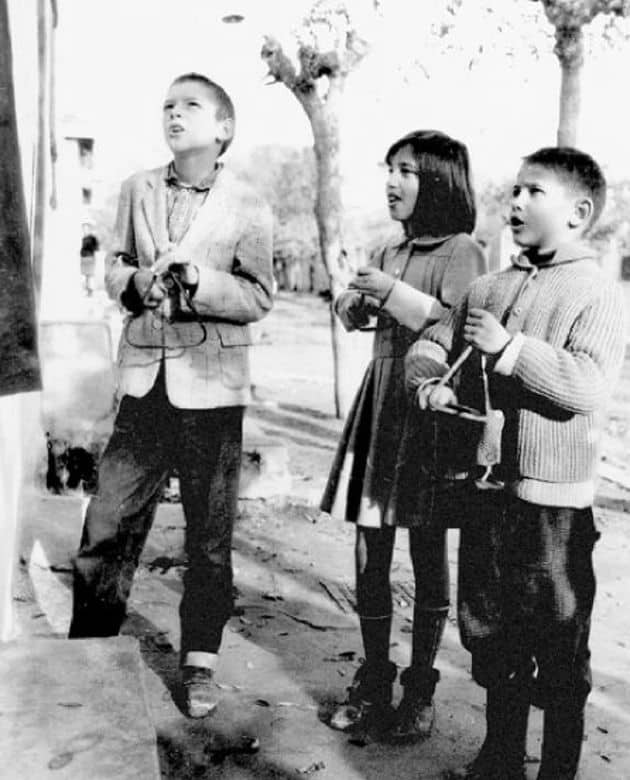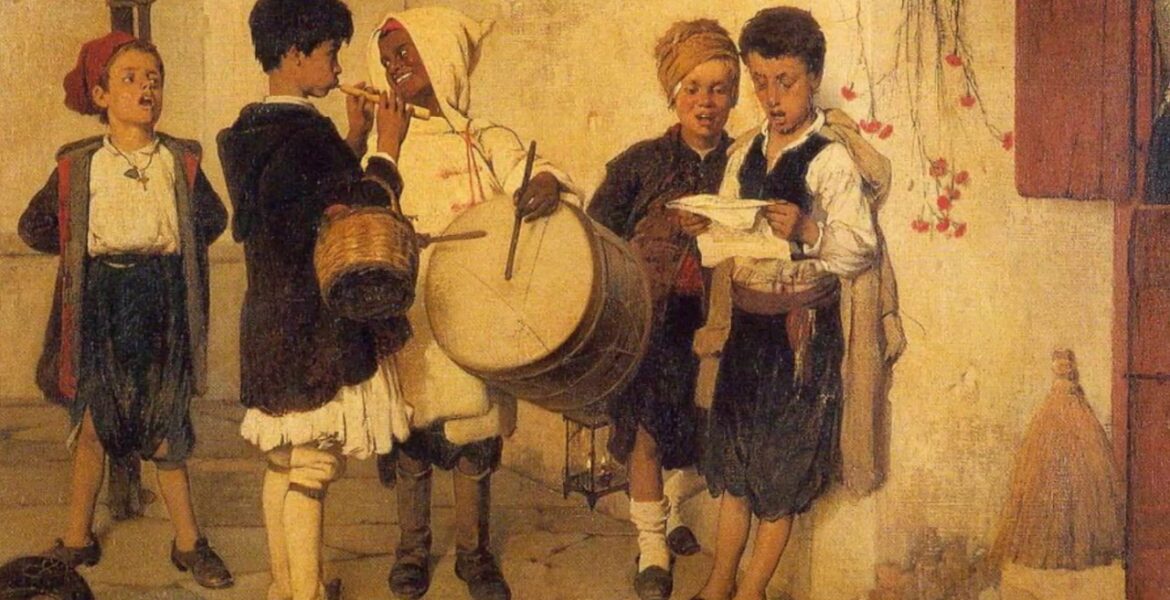
On Christmas Eve there is a wonderful tradition in Greece where children go door to door singing the Kalanda (Christmas carols), spreading a message of joy, hope and peace.
Children from all around the cities, islands and villages go from house to house singing the Greek Christmas carols and are then often invited into their neighbours homes for a treat after they are done singing.

The Christmas Kalanda play an important part in Greek Christmas traditions and culture and they are also performed on New Year’s Eve and Epiphany Eve, which is on January 5.
Children go door to door carrying triangles and other instruments, such as drums, to accompany their wonderful singing.
Children knock on a door and ask, “Na ta poume?” meaning, “Shall we sing?” and once the person answers “Nai” (yes) the kids begin.

After they do that, the kids are normally given melomakarona, kourabiedes and other traditional Greek Christmas sweets and sometimes even money to thank them for their well wishes.
Kalanda has been a part of Christmas celebrations in Greece for thousands of years and goes back to Byzantine times where children would carry small boats and sing songs honoring Dionysius.
The tradition of praising the head of household also began in Ancient Greece. In addition to singing songs to honor their god, they would also bestow the household with a gift of an olive branch, which also signified prosperity.
Xronia Polla!
Listen to the Kalanda From All Over Greece
This year due to the covid-19 pandemic, there will be no children singing carols on the Eve of Christmas and New Year and no groups of people signing on the streets.

